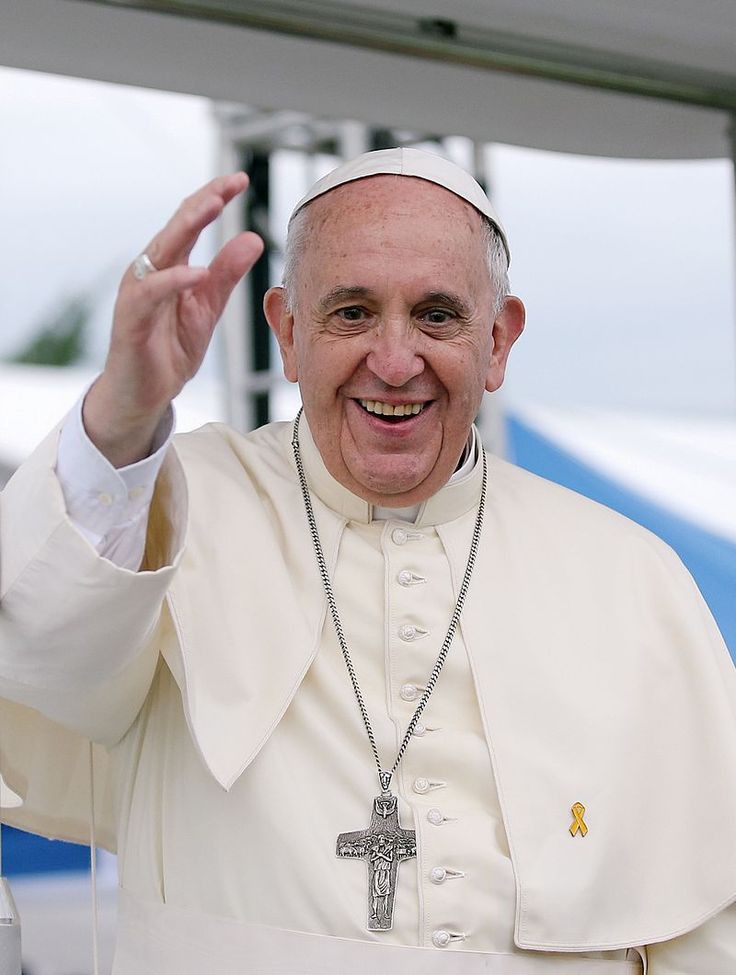OPINION

ALEX FALUDY: HUNGARY’S PéTER ERDő EMERGES AS A STRONG PAPAL CANDIDATE, AND THAT’S CAUSE FOR CONCERN
As the Catholic Church prepares for a future papal transition, Cardinal Péter Erdő of Hungary has emerged as a leading candidate among traditionalist factions. The 72-year-old archbishop of Esztergom-Budapest presents a complex profile: a respected canon lawyer with international experience, yet a figure whose close ties to Hungary’s nationalist government and handling of abuse cases raise significant questions.
A Scholar’s Profile
Erdő’s credentials within the Church are impressive. Since becoming a cardinal in 2003, he has:
- Served as president of the Council of European Bishops’ Conferences
- Played a key role in the 2014-15 Synod on the Family
- Developed strong connections with conservative bishops worldwide
His intellectual approach contrasts sharply with Pope Francis’s pastoral style. Described by observers as reserved and academic, Erdő lacks his predecessor’s populist touch but compensates with deep theological knowledge.
Timing and Political Currents
Several factors strengthen Erdő’s candidacy:
1. At 72, he falls within the ideal age range—experienced but not too old
2. Growing conservative resistance to Francis’s reforms creates demand for traditional leadership
3. His moderate rhetoric makes him palatable as a compromise candidate
However, his 2013 candidacy failed to gain traction, suggesting lingering reservations among cardinals.
Controversial Political Entanglements
Erdő’s relationship with Viktor Orbán’s Fidesz government presents serious concerns:
- Regular attendance at exclusive Fidesz events, including policy briefings
- Silence on Hungary’s anti-LGBTQ+ laws and criminalization of homelessness
- Abrupt termination of interviews when questioned about migrant policies
Critics argue these associations demonstrate a willingness to prioritize institutional interests over moral leadership.
Abuse Scandal Shadows
The Attila Pető case remains particularly troubling. While Erdő’s diocese did defrock an abusive priest, its subsequent legal action against the survivor seeking an apology has drawn condemnation from advocacy groups. A recent SNAP complaint to the Vatican alleges violations of Church law in handling the matter.
Potential Papacy Implications
An Erdő papacy would likely bring:
- Halted reforms on LGBTQ+ inclusion and divorce
- Closer Church alignment with conservative governments
- Continued centralization of Vatican authority
- More reserved, intellectually focused public engagement
Broader Significance
The next papal election represents a crossroads for the Catholic Church. Erdő embodies the tension between institutional tradition and the need for pastoral engagement in a changing world. His candidacy tests whether the Church will embrace Francis’s openness or return to doctrinal rigidity.
As one Vatican observer noted: “The question isn’t just who will lead the Church, but what kind of Church they will lead.” With global Catholicism increasingly divided between progressive and traditionalist factions, the next conclave’s decision will resonate far beyond the Vatican walls.
Key Considerations:
- Erdő offers intellectual heft but lacks Francis’s popular appeal
- His political associations may alienate progressive Catholics
- Abuse handling concerns mirror past Church failures
- Election would signal a conservative shift after Francis’s reforms
- Decision could deepen existing divisions within global Catholicism
The selection process will ultimately reveal whether the College of Cardinals prioritizes continuity or change in addressing the Church’s complex challenges.
"This represents a significant development in our ongoing coverage of current events."— Editorial Board









